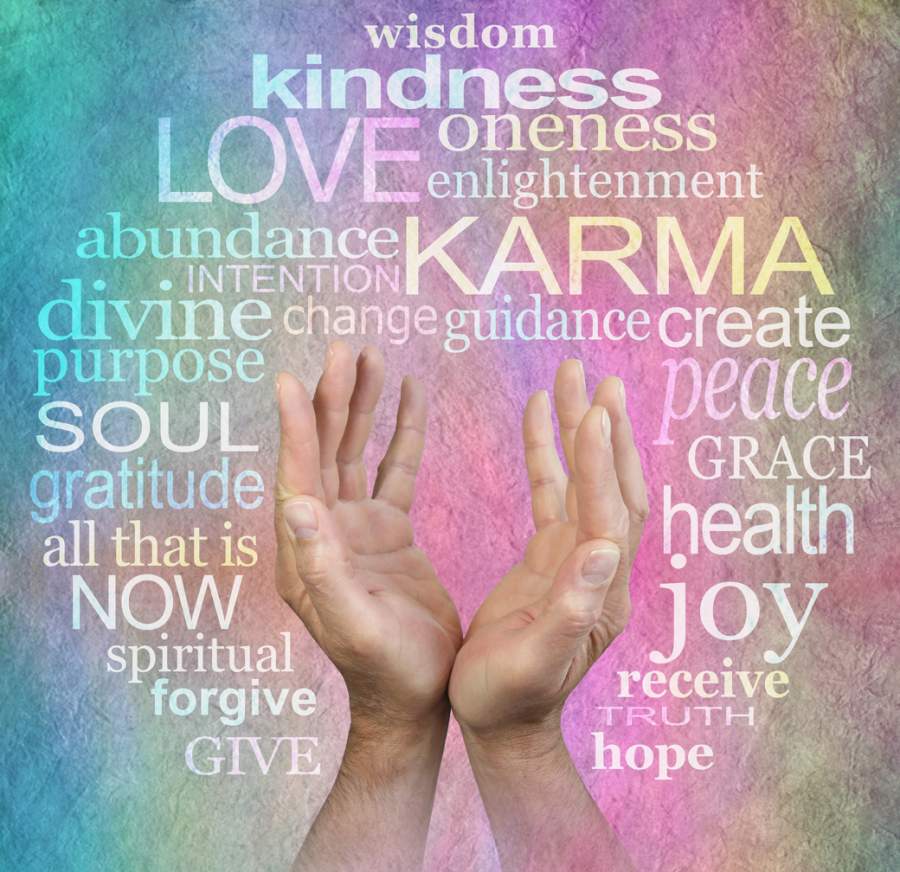I’m Religious But Not Spiritual — You Know, Like the Pharisees

Now that title is cheeky. It’s something I’ve said from time to time as a funny comeback to a stale and tedious claim by someone smelling of patchouli.
I did that partly just for fun, but also to make a more serious point. Namely, that real religious beliefs stand as fearsome and serious things, not vague and wispy aspirations that vanish at a touch, like fake spider webs the day after Halloween. The religious convictions that drive a person’s actions work much more like … the cooling system in a nuclear reactor. They should harness, control, and restrain the powerful passions inside a person. Faith ought to prove strong enough to stifle such passions at times. For instance, when
- You realize you could get away with “phoning in” a piece of work, since no one will notice.
- You read a comment online that just screams out for the nastiest, most “edgelord” response guaranteed to offend those who need offending — and likely to get you “cancelled” and harm your cause, your good name, or maybe your employers.
- The leaders of your church behave like timid weaklings or outright enemies yet again, and a still, sleazy voice whispers in your mind’s ear, “What if it’s all just nonsense? Just crawl up inside that bottle of bourbon over there.”
- That gorgeously unhappy married woman across the table starts playing footsie with you.
- Every sinew in your body tells you to throw a punch, or pull a gun, to defend your honor against some dirtbag.
Do Not Enter. Wrong Way. Go Back.
And so on. Such situations prove urgent enough that you need something much sterner than wishful thinking or Pascal’s Bet to get you through. I wrote a whole book on the Seven Deadly Sins to meet such occasions, since training your habits in advance helps the rubber meet the road when you hit a skid. But nothing will replace having rigid, clearly defined and coherent beliefs about ultimate Reality, which you take just as seriously as a Do Not Enter sign on the highway.
But too many Americans — too many of them church leaders, alas — operate instead based on heads full of happy fancies, vague aspirations, and shabby notions of “what I’d do if I were God.” No wonder our society is shredding. Most people know better than to operate a for-profit business (or even a charity bake sale) on wispy intimations and rainbows. But they fill their brains with the sweet cookie dough of liberal “spirituality,” and run their moral lives accordingly.
The outcome isn’t cute. Not to God or to their neighbors. Kids who grow up rudderless either fritter away their lives pursuing “happy moments,” or reach out for sharp-edged, crazy ideologies like the Woke cult — or rigidly nasty movements like Islamism or Integralism.
How to Live in Accord with the “Laws of the Universe”
I’ll give you an example. How shocked would you be to learn that one of your colleagues or acquaintances believed the following things about the world:
- Science has taught us we can’t believe in a personal Creator God set apart from the universe.
- But we can describe the universe as a whole as being divine. So we can still speak of Providence, and of doing God’s will. We just redefine those terms to mean acting in harmony with nature, life, and their laws.
- Those laws of life don’t come from revealed religion, or superannuated books like the Bible. They come from the rigorous, scientific study of nature, especially biology.
- The most fundamental laws we’ve discovered that way are that life proceeds from random chemical interactions and then biological mutations. Natural selection then gives a progressive direction to the development of life, culling out less-fit life forms, leaving behind the stronger and the sounder.
- Human beings are not some absolutely distinct form of organism, but merely the highest stage which evolution has yet attained. We want to see ongoing progress for humans, eliminating genetic defects and handicaps — not reproducing them.
- The individual human person isn’t set apart and sacred, but rather part of the circle of life, a cell of the life of the species or race to which he belongs. We find our immortality in the heritage we leave behind, not in some promised afterlife.
- Traditional biblical sexual mores must be set aside when they conflict with what nature tells us about the best interests of humanity as a whole.
- Hidebound religious scruples must give way when they conflict with the verdict of Science or the policies of a government.
- So clergy shouldn’t meddle in politics, but must settle for “freedom of worship.”
Your Beliefs Have a Lot in Common with a Major Historical Figure’s
So how many people do you happen to know who think that way? How many of your teachers (or your kids’ teachers) express such a worldview? What percentage of the US Congress, or the federal bureaucracy, or even the clergy in your church really think this way?
The answer should unsettle you, since the religious creed laid out from points 1 through 9 is the one held by Adolf Hitler. Historian Richard Weikart, via painstaking research, uncovered the basic tenets of Hitler’s belief system—sifting out the occasional hypocrisies and nakedly political statements from those Hitler clearly held for most of his life and confided to his friends. I just finished reading Weikart’s resulting book, Hitler’s Religion. It’s bracing to read.
No, I don’t mean to imply that because your accountant, or senator, or pastor, agrees with Hitler on points 1-9, this person also holds the rest of Hitler’s worldview. I doubt that one person in a million agrees, for instance, that Germans or “Aryans” are the highest and noblest racial group, whose interests trump all others. Nor that Jews are a non-human parasitical species that preys on the rest of us. Nor that aggressive warfare is the best means of speeding up human evolution, by weeding out the weaklings — whom the strong ought to displace and starve.
Those beliefs were common in German secular circles in the 1920s and 30s. They aren’t common now. So we won’t have new Hitlers picking up those particular fetishes and worshiping them today. Nor joiners glomming on to movements exactly like the Nazis’.
How Strong Is Your Moral Immune System?
My point is completely different. The future will offer strikingly new and unfamiliar temptations toward totalitarianism. They won’t promise Lebensraum to war-traumatized Germans. They’ll offer indefinite life to well-heeled Transhumanists. Or cheap, easy organ transplants purchased online from Chinese concentration camps. Or new and promising vaccines made from aborted ghetto babies.
But if your religious beliefs are as vague, tentative, and worldly as Hitler’s listed above, you won’t have the strength to resist them, as too few Germans resisted Hitler. For that, you needed people with “rigid” religious beliefs like Dietrich Bonhoeffer, Bishop Clemens von Galen, and Claus von Stauffenberg.
You can’t beat something with nothing, and you can’t fend off the devil with appeals to “the Universe.” Because he’s the Prince of this World, whether you like it or not, till the New Jerusalem descends, fully built by God, from Heaven.
John Zmirak is a senior editor at The Stream, and author or co-author of ten books, including The Politically Incorrect Guide to Immigration and The Politically Incorrect Guide to Catholicism. He is co-author with Jason Jones of “God, Guns, & the Government.”







